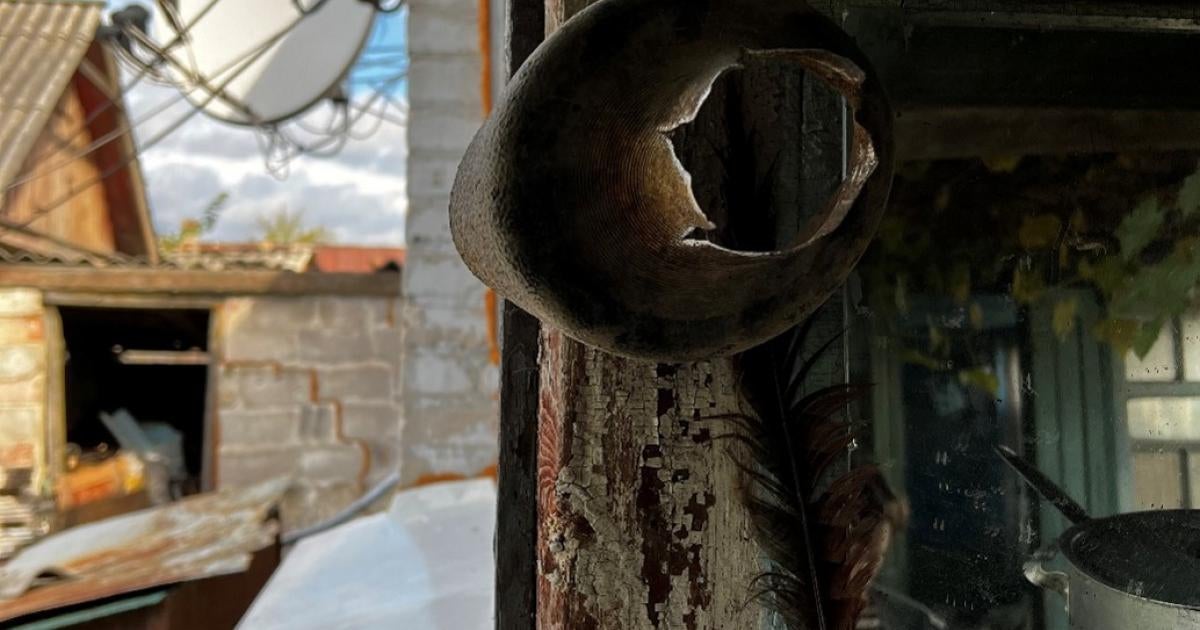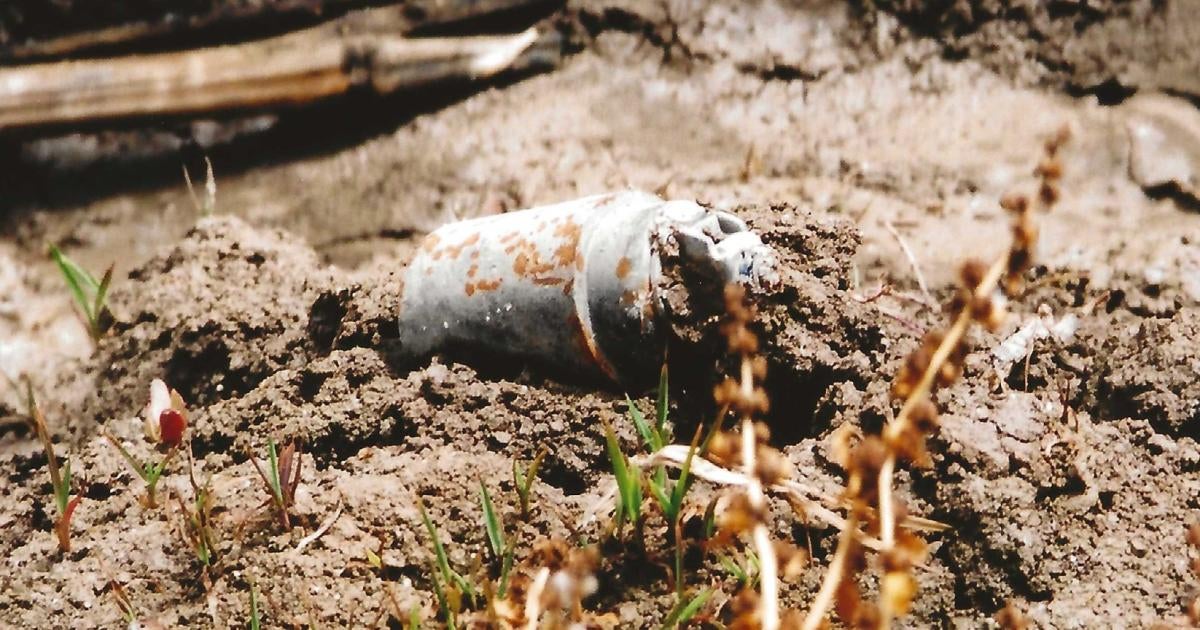First of all, sorry, my books are in one city and I am in different one (in another country, actually); at least until December. I will try to google something to provide some links. Some of this is common knowledge, for a military buff, unless you only read Harris.
They took him out of the picture after the war, the fact of spending two years burning women and children alive was not, then, that "politically correct". ("Bomber" Harris, RAF Bomber Command in WW2).
Vivendi
I fully agree that the landmine and cluster munition cleanups will be massive. All of this could have been avoided if Russia had not launched their brutal, illegal, unprovoked invasion of Ukraine.
In all those old posts I read, "moot point" was mentioned more than once.
Could the (quote)
brutal, illegal, unprovoked invasion of Iraq have been avoided if America has not been discovered in 1492? Moot point. Could the war has not started through negotiations? Could the war has ended last year through negotiations? This year, through negotiations? Moot point.
Unless your are using: "brutal, illegal, unprovoked invasion" every time you are talking about the United States of America, what is the point of using those inflammatory terms, do you feel better? Because it makes you sound naive. Please remember that when you are pointing one finger at
one thing, three fingers are pointing at you.
Could we live in a better world? Moot point. This is our world, this is our History.
Big_Zucchini
If Ukrainian will have access to much fewer cluster munitions than Russia had already used and currently uses, but it will contribute to ending the war more quickly, then it makes a lot of sense to use them. If the war ends more quickly as a result, the munitions not used on Ukrainian territory during the time saved may offset the use of cluster munitions.
So, Russia should use whatever (quote)
will contribute to ending the war more quickly. You are stating that the end justify the means, with a few "ifs" and one "may". I think that is a very dangerous path and off topic, we are getting into philosophy.
Probably a moot point too, if you don't have the ammo you want, you use what you have. There is no need to defend the case.
Vivendi
The US was losing in Vietnam but did not use nukes.
Nixon was more than happy to use them. (
Pentagon Papers and Whitehouse tapes, common knowledge nowadays). The question is how vital that war ("Special Military Operation", war was never declare, neither against Cambodia nor against Laos) was, for US, no for his re-election.
I am not sure about the wording (again, my books being far away from me), but the doctrine after Korea was (something like) "no war in the East (China) without nuclear weapons".
Vivendi
The US did not drop nuclear bombs on Japan because Japan attacked Pearl Harbour. The US dropped the bombs to end a horrible and gruesome war war as quickly as possible, at a point in time where it was clear that Japan would keep on fighting, even when it was clear they were losing. Harry Truman’s Decision to Use the Atomic Bomb (U.S. National Park Service) (nps.gov)
No.
Putin or the Russian Government accusing themselves of war crimes, in writing?
That was an excuse/explanation after the fact, like Dresden. [Dresden, again, old posts: It was not a military operation, it was not to help the USSR (it's true that the URSS was asking for more "active participation"), it was done because it could be done. UK/US were trying to repeat the "success" of Hamburg, again and again. One of the goals was burning 10.000 civilians in one go.] Japan was already trying to surrender (negotiate), Japan was going to starve and, anyway, US was burning it from one end to the other; no need to invade either. (From a military point of view, invading the Philippines was unnecessary too).
Again, should Russia use any means
"to end a horrible and gruesome war as quickly as possible".
Even after the Saville Report and one British PM saying "Oops!", you can still read that the Paras (after the no-so-well-known same incident in Belfast) were "defending themselves" in Derry. We can extract different interpretations from the same documents, that is History, Vivendi's bias (nothing personal), my bias. The fact is that there are too many myths (by the victors) that keep creeping back. Vae victis!
Edit:
Dresden.
The Bombing War. R. Overy; The Fire. J. Friedich; Right of the Line. J. Terraine. I think I got that of "Harris not being invited to the party any more" from the last one. From Overy, Churchill to Portal (Bomber Command), after the fact: the policy of bombing 'for the sake of increasing the terror, though under other pretexts, should be reviewed'; mind, "reviewed". Also, Churchill to Stalin: "If need be, as the war went on, we hoped to shatter almost every dwelling in almost every German city". The conversation was
warmer after that.
Dresden was in Germany, Dresden was a city.
It was in the general direction of the Soviet advance.
Korea.
The Korean War. M. Hastings. The use of nuclear weapons and the invasion of China were contemplated, and MacAthur was more than happy to carry it out. This should be in every not that old book. The doctrine/policy/conclusion of "not another war in Asia without nukes" is probably from the Pentagon Papers, they covered WW2 too.
I think the point is, if you have the weapons you want, why escalation? (and then escalation). You always have plans for something else, that's how the Armed Forces work and there is always going to be a discussion before giving the order or deciding
not to give the order.
Japan.
This one is going to be trickier because it's more political. That Patton (and not only him) was eager to keep marching East (like NATO), provides a hint.
Edit: Japan.
Well, it wasn't that difficult after all. Nothing is coming from my books, just the same information, even some of the same references.
Mandate for Change. former President Dwight D. Eisenhower criticized the use of the atomic bombs, saying they weren’t necessary to force the surrender of Japan.
American Prometheus. M J Sherwin
Once the USSR entered the war, the Japanese military not only had no arguments for continuation of the war left, but it also feared the Soviet Union would occupy significant parts of northern Japan.
Truman did not want the USSR to have a claim to participate in the occupation of Japan. Another option (which could have ended the war before August) was to clarify that the emperor would not be held accountable for the war under the policy of unconditional surrender.
Political and Social Problems. J Franck. (Franck Report).
It is doubtful whether the first available bombs, of comparatively low efficiency and small size, will be sufficient to break the will or ability of Japan to resist, especially given the fact that the major cities like Tokyo, Nagoya, Osaka and Kobe already will largely be reduced to ashes by the slower process of ordinary aerial bombing.
It is an atomic bomb. It is the greatest thing in history. — President Harry S Truman (August 6, 1945) ONE of the seemingly...

www.newagebd.net
A May 5, 1945, cable — intercepted and decoded by the US — ‘dispelled any possible doubt that the Japanese were eager to sue for peace.’
Records of the United States Strategic Bombing Survey [USSBS] in the holdings of the U.S. National Archives and Records Administration. From the Guide to Federal Records in the National Archives of the U.S.

www.archives.gov
The Strategic Bombing Survey concluded that "certainly prior to 31 December 1945, and in all probability prior to 1 November 1945, Japan would have surrendered even if the atomic bombs had not been dropped, even if Russia had not entered the war, and even if no invasion had been planned or contemplated".
Their own report about what they had been doing and what they achieved. Why are we still excusing the use of two atomic bombs?
In the next war, the air war will be "clean" again and we will achieve exactly what we intended; as long as it is
our war.
I wonder if "retaliation", "a just retaliation" at that is mention by
Oops!, they forgot. Calling your enemy a beast looks familiar, doesn't it? Ergo, my retaliation is just.

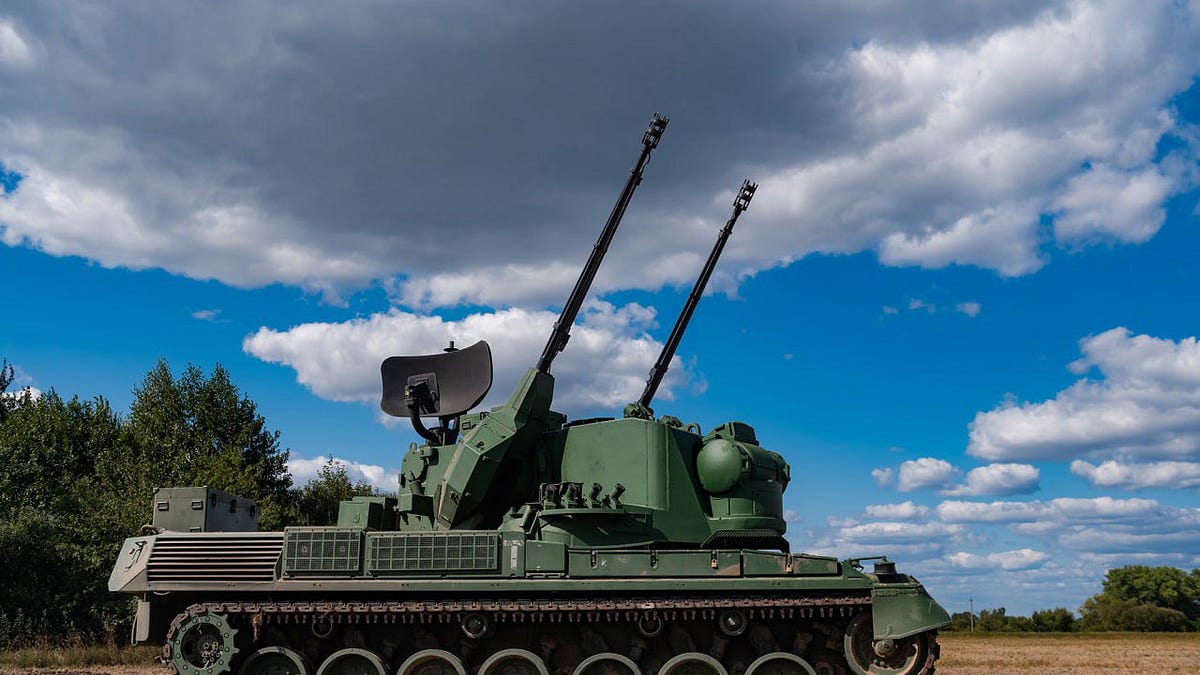
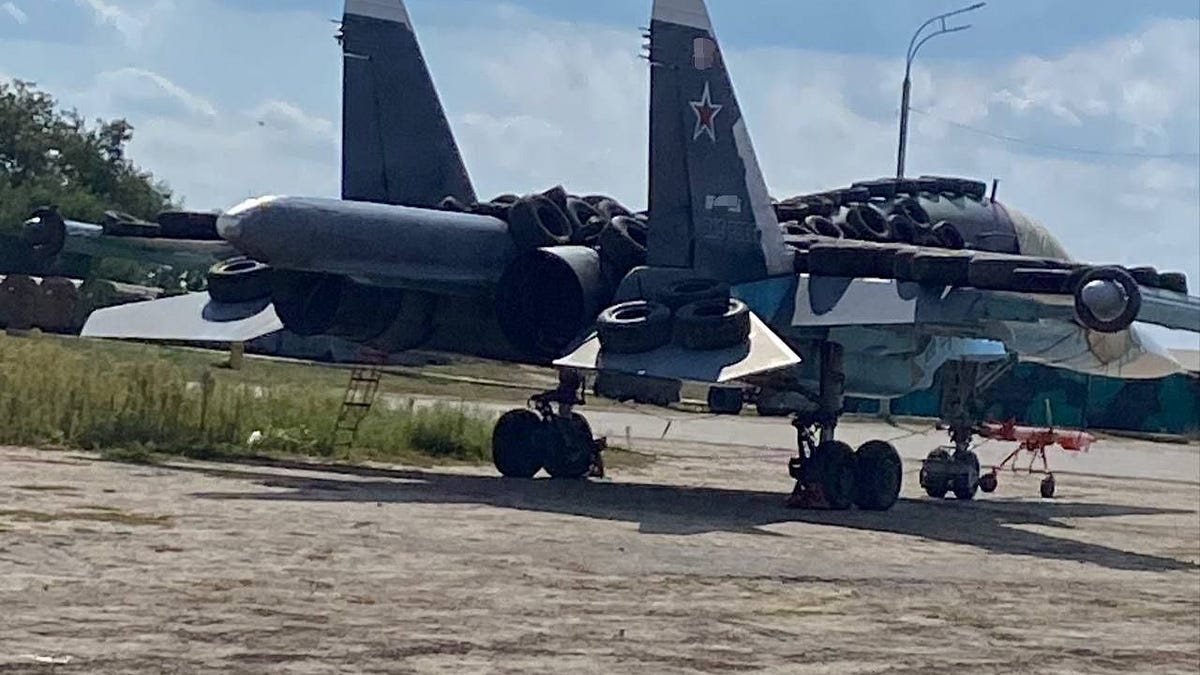

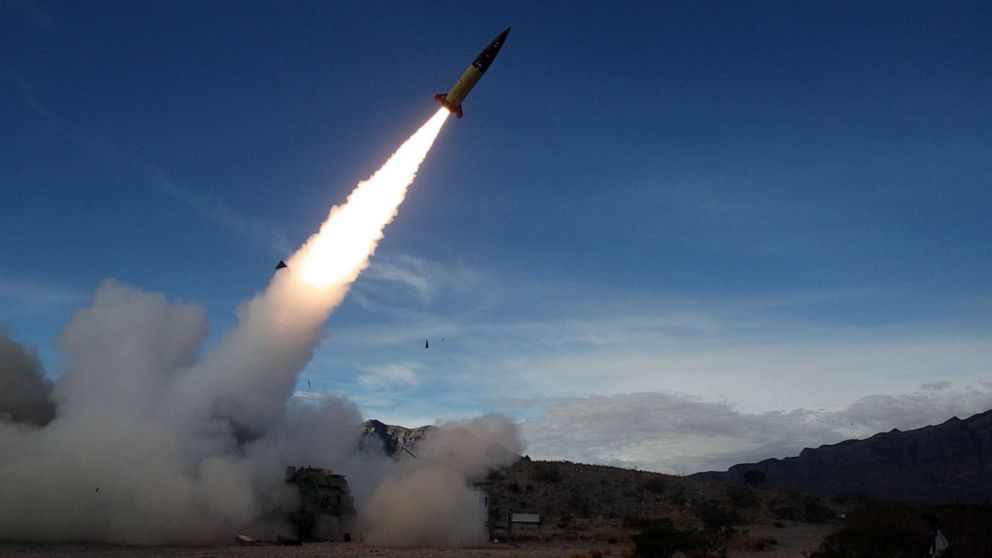
/cloudfront-us-east-2.images.arcpublishing.com/reuters/CLEAT5C3Z5ON7O3OU5LVCOF52A.jpg)

